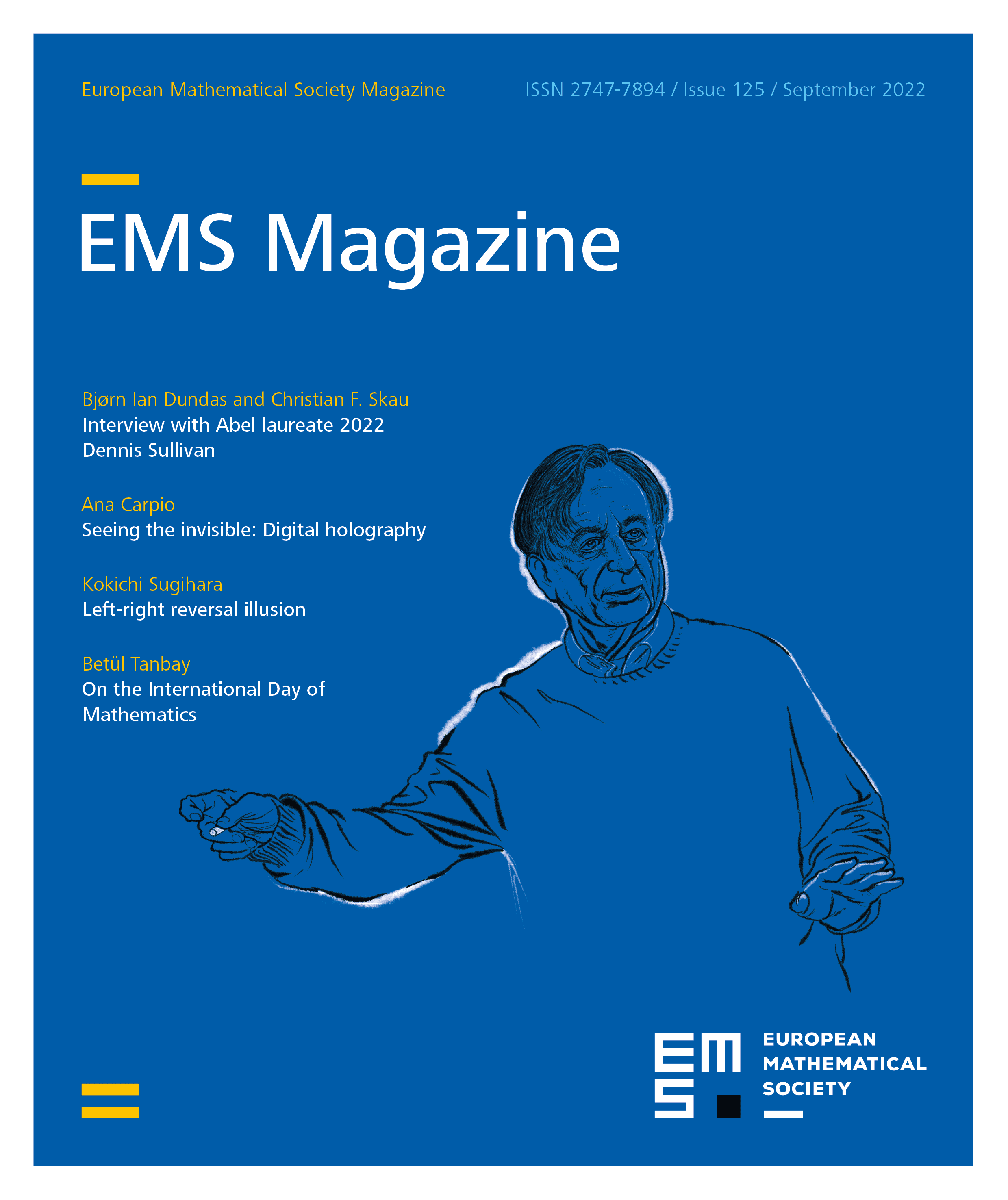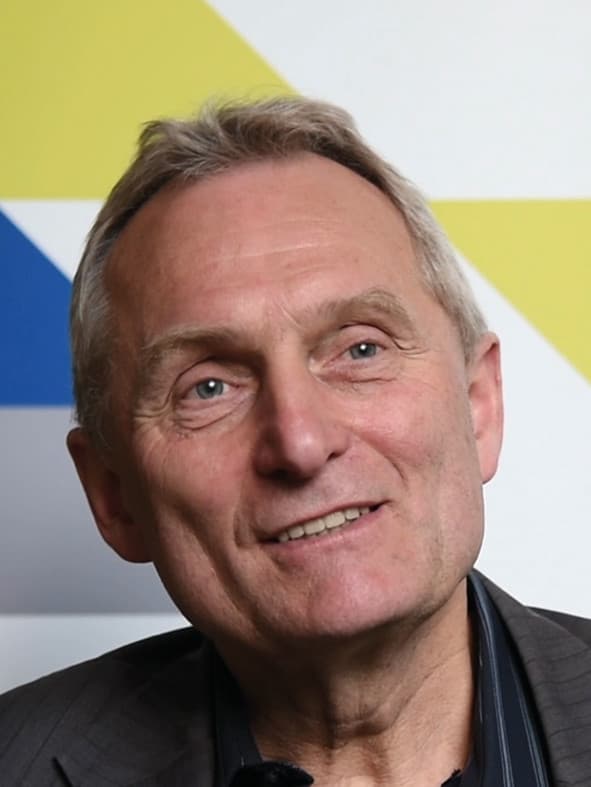All rights reserved.
Dear EMS members,
After more than two years of online meetings, the EMS council finally met in person on June 25–26 to elect the new president and members of the executive committee and also to decide on several important issues that will change the operation of the EMS. First of all, I congratulate the new president Jan Philip Solovej, the new vice president Beatrice Pelloni, the new treasurer Samuli Siltanen, and the new member-at-large Victoria Gould, who will start office January 1, 2023. I also thank the departing EC members, vice president Betül Tanbay and treasurer Mats Gyllenberg for their service to the EMS. It was great to work with you over such a long time and steer the EMS through these difficult times. I also want to thank the Slovenian colleagues for organizing the council in the wonderful town of Bled.
Besides several changes of the statutes which will allow considerably more procedures with virtual meetings, the following important decisions were made.
(For more details on these three new activities, see the EMS website.)
EMS Young Academy
To strengthen the support and integration of the young generation of mathematicians in Europe, the EMS Council in Bled has approved the formation of an EMS Young Academy (EMYA), for which each EMS member society/member institute can every year nominate two early career mathematicians (3rd year PhD students up to 5 years after PhD, allowing for career breaks). The first nomination period ends September 30, 2022. Every year a committee formed by the EMS EC will select up to 30 members of the EMYA, for a four-year membership duration. The EMYA will establish itself bylaws and an organizational structure and it is supposed to suggest procedures for the future development of the EMS. The EMYA will be supported by a separate budget and it will also nominate a representative for the EMS EC who will be elected for a two-year period by the council.
EMS Topical Activity Groups
To address the large diversity of the European mathematical community and to integrate the scientific cooperation across Europe and all mathematical fields, starting 2023, a group of (at least 7) members of the EMS can apply to form an EMS topical activity group (EMS-TAG). The activity groups will be selected and evaluated on a four-year basis by an evaluation committee. EMS TAGs can organize meetings and workshops. They can apply for support from the EMS, they can nominate EMS committee members and speakers for conferences, and they are expected to plan and organize applications to European funding programs.
Support of large events
To promote mathematics across the board, across geographic boundaries, and across discipline boundaries, the EMS also calls for large, inclusive, and cross-institutional events that complement or extend existing infrastructure for such meetings. Supported events can range from special semesters to interdisciplinary study groups and large showcase events; calls will be made four times a year, with a first call on December 1, 2022. Proposals are required to utilize a significant amount of funding supporting regions and communities that do not have the infrastructure or the finances to organize such large-scale events. Applicants from low- and middle-income countries are particularly encouraged to apply.
Volker Mehrmann
President of the EMS
Cite this article
Volker Mehrmann, A message from the president. Eur. Math. Soc. Mag. 125 (2022), p. 3
DOI 10.4171/MAG/107
